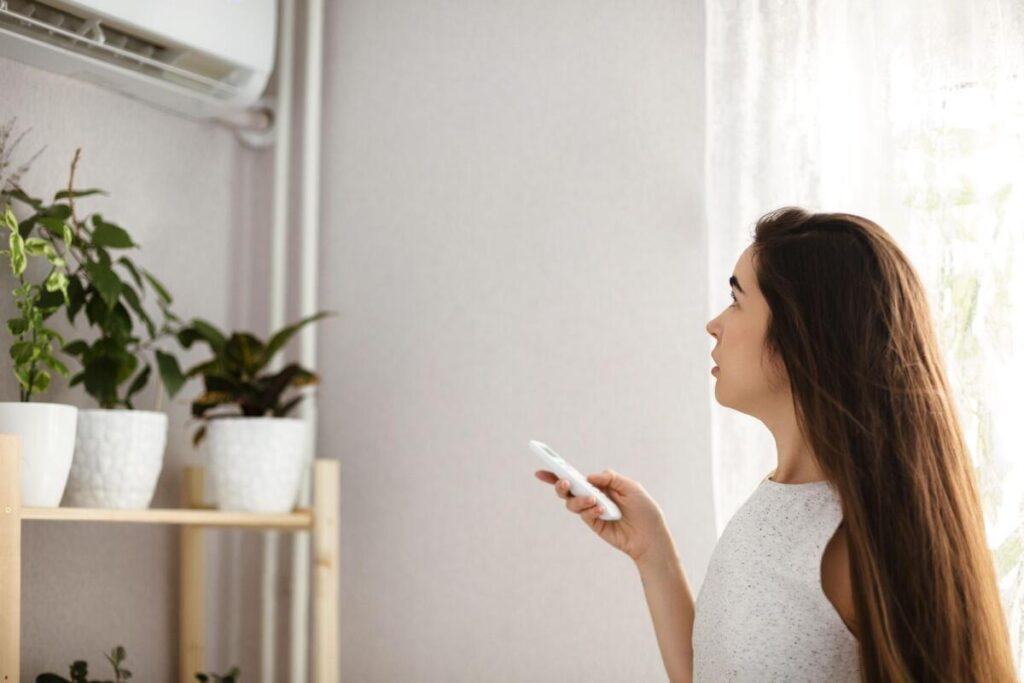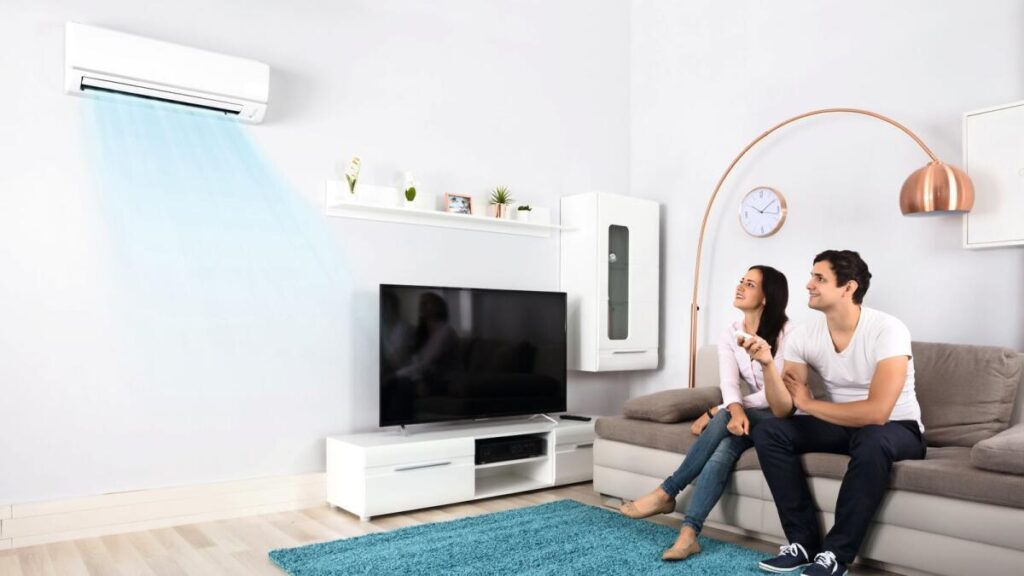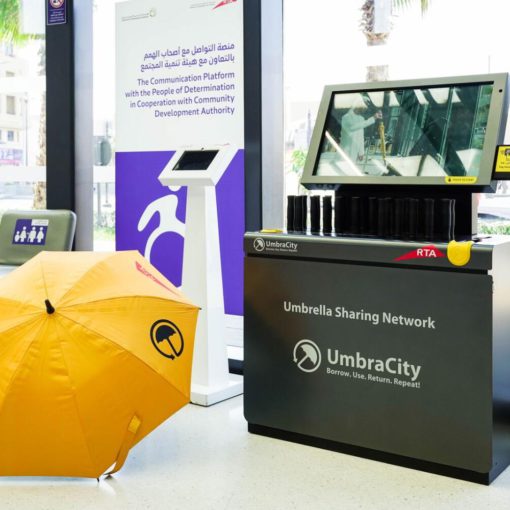The Reason Residents Leave AC On During Long Holidays
Leaving the air conditioning (AC) on during long holidays is a common practice among residents in the UAE. This practice is influenced by various factors, including the extreme climate, potential damage to homes, energy consumption, health concerns, and alternative cooling solutions. This article provides a detailed exploration of the reasons behind this practice.

Understanding the UAE Climate: Extreme Heat and Its Effects
The UAE experiences extremely high temperatures, often exceeding 40°C during the summer months. This intense heat can lead to serious issues for homes left uncooled. The humidity can also be very high, sometimes exceeding 80%, leading to uncomfortable living conditions and potential damage to homes and belongings. For instance, many return from vacations to find their belongings ruined by humidity and heat, which can cause items like sofas to melt or become moldy.
Preventing Damage: Protecting Homes and Belongings
When residents leave their homes without AC, they risk severe damage. High temperatures can lead to mold growth, which can ruin furniture and belongings. Reports indicate that many residents return home to find their apartments covered in mold or their furniture damaged. Leaving the AC on helps protect homes from the damaging effects of heat and humidity.
When the AC is off, the temperature inside can rise dramatically, leading to condensation and mold. Experts recommend setting the AC to a higher temperature, around 27-28°C, to maintain airflow and reduce humidity without paying high electricity costs. This practice prevents damage to furniture and electronics, which can warp or break in extreme heat. Keeping the AC on helps maintain a stable environment, preventing moisture build-up and protecting electronic devices and furniture from heat damage.
Energy Consumption Concerns: Balancing Comfort and Cost
While leaving the AC on can protect homes, it also raises concerns about energy costs. Residents often worry about high electricity bills when leaving their AC on during holidays. However, the cost of potential damage from not using the AC can be even higher.
Residents must balance the comfort of a cool home with the expense of electricity. By keeping the AC running at a higher temperature, residents can save on energy costs while still protecting their homes. Some experts suggest using the fan-only mode to further reduce energy consumption while maintaining comfort.
Health and Hygiene: Avoiding Mold and Humidity Issues
Humidity can lead to health problems, including respiratory issues caused by mold. Keeping the AC running helps reduce humidity levels, which is important for maintaining a healthy indoor environment.
Residents have reported returning to homes with mold covering furniture and belongings, leading to unpleasant odors and health risks. Therefore, maintaining a cool and dry environment is essential for health and hygiene.
Alternative Cooling Solutions: Innovations and Tips for Residents
Residents are encouraged to explore alternative cooling solutions. Using fans, keeping curtains closed during the day, and ensuring good airflow can help reduce the temperature inside homes. Additionally, keeping doors open to promote airflow and using blinds to block direct sunlight can enhance cooling efficiency. Regular maintenance of AC units is also important to ensure they operate efficiently during the hot months.

Conclusion
Leaving the AC on during long holidays in the UAE is a practical choice for many residents. It helps protect homes from heat and humidity damage, balances comfort with energy costs, and maintains a healthy living environment.
While energy costs are a concern, the potential damage from high temperatures and humidity makes it a necessary choice for many residents. By understanding the climate and taking appropriate measures, residents can enjoy their holidays without worrying about their homes.


